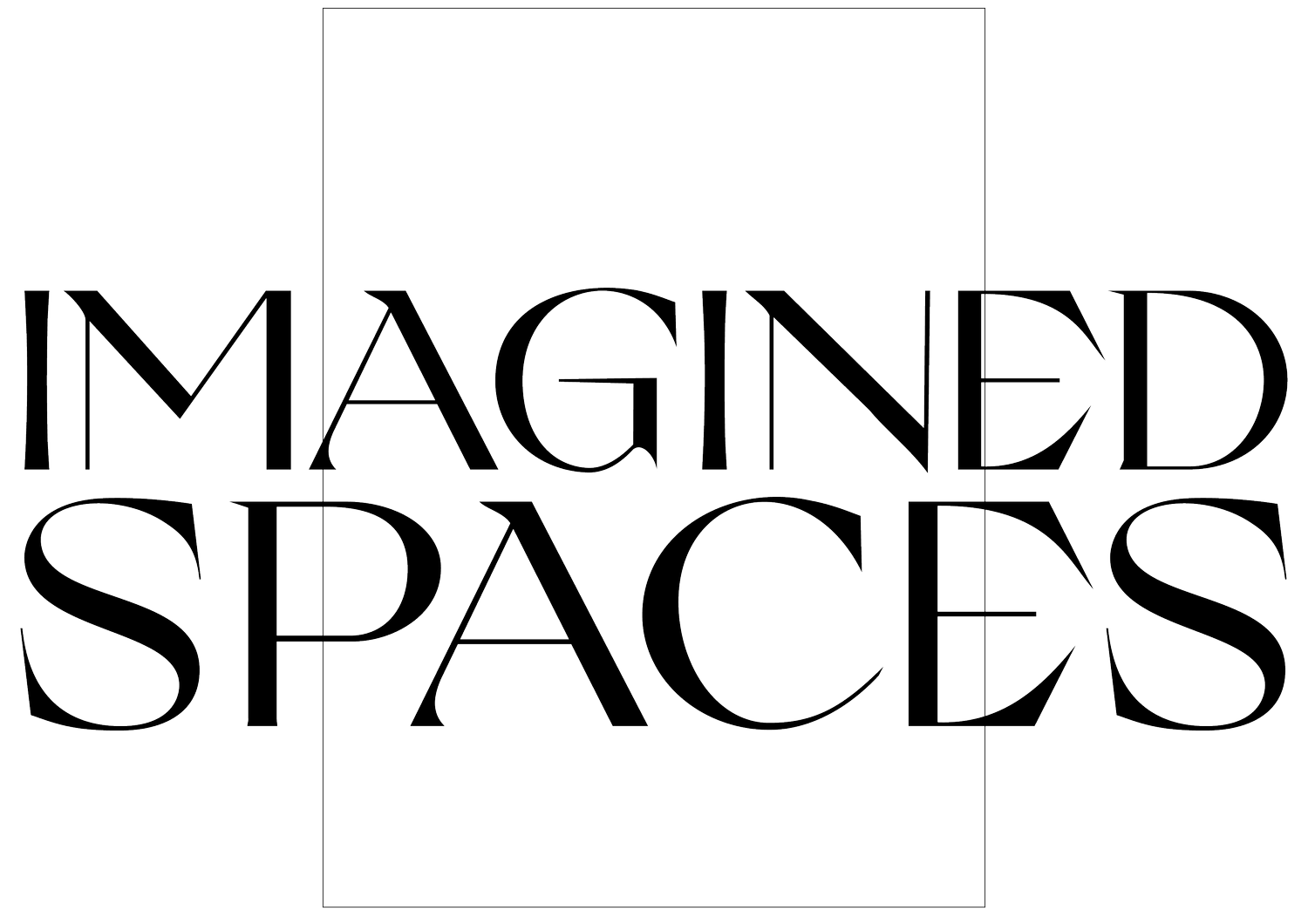Not to be restricted by prompts
Or instructions
But to instead use them as inspiration for something
better
— Language
Essays in ‘Language’
“Don’t Talk, I’m Thinking”
by Ida Valimaki
What if I didn’t use metaphors?
What if I didn’t have to?
What if I could
say exactly what I’m thinking, what I’m feeling, without having to hide behind pretty words?
Live in a world where the words come to me, and I don’t have to go out hunting them, a world where things are simple, and I am brave and using metaphors isn’t necessary because I can just
say what I want.
What I need.
And it would make sense
to me.
I don’t know what I’m thinking. It’s not words, or images, or memories – it’s feelings. Feelings I don’t have words for, feelings I never learned to describe, never learned to unpack. Confusing, scary feelings bumping into each other, creating new, scarier feelings that are confused themselves.
There is no word to describe the feeling of a lump in your chest, a sting on your temple,
shaking fingers
and the sound of a clock getting louder by the tick.
There is no word to describe the feeling of your brain being stuck in a jar of honey watching your mouth talk anyway –
or the sense that your mind is a box full of a dozen small, rubbery bouncy balls running into each other
and the walls,
at a thousand miles an hour.
Or if those words do exist, no one has taught them to me.
All I have are the simpler words, the ones you’d find in a children’s book. Words that come with pictures and things.
My mind is a soup,
my memories a wall,
my thoughts a river.
And I’m trying to express big thoughts, big feelings, with small words.
(I’m trying to say I am drowning in the world I’ve built for myself.
That the walls are crumbling and burying me, and I didn’t know they went that high.
I’m trying to say I am scared I’ll fail to climb the mountain I’ve picked.
That it’s getting higher and higher and I can’t keep up.
I’m trying to say I want to give up, but without finding out what’ll happen if I do.)
The only way to say these things is through metaphors. The only way to do that is images, pictures I can paint in the air, between the soundwaves ricocheting off walls, off clouds. Using words to mean something they don’t, twisting language to suit my needs. I don’t have to find the words to mean what I’m feeling if I can use the words I have to make others feel it too. If I can paint a picture vivid enough, vibrant enough, to say what I can’t.
Philip Davis says that “[w]hat searching for the right word creates is, at the least, the sense of significant space, a space which it is necessary to fill in the right way, or the wrong way may lose and destroy it.”1
Mark Doty says “[w]e cannot rely on words to convey to another person what it is like to be ourselves.”2
I say they are both right. The wrong word destroys the sentence it is trying to complete. But even the right one can’t be trusted to do the job properly. That’s the thing with words, I think: they don’t like us very much. They like to avoid us when they can and avoid definition when they can’t. The more important the space needing to be filled is, the bigger the word has to be, and the bigger the word is the less likely it is to do what we want it to. And the bigger the word is, the more likely it is to make you think it’s the right one, only to stab you in the back with an obscure connotation it wasn’t supposed to have. Big words are the ones with more syllables than you can count on one hand. Ones you have to look up the pronunciation of. Ones that have other big words in their definition, sending you down an endless path of language and classification until all you’re left with is a puddle of letters all mushed up together with no sense in any of it. Ones that I’ve never heard of.
Words that almost get it
but not quite
like altschmerz,
or kairosclerosis,
or anemoia,
or monachopsis,
or pâro.
You can get around all that with metaphors.
Metaphors are how I think.
Or, at least how I make sense of what I think.
Metaphors are the only thing keeping me sane. They are so ingrained in my thinking, in my writing, I can’t avoid them even if I tried.
I don’t.
I want to.
I don’t know how to think. Or whether thoughts are even supposed to make any sense. They’re nothing coherent, never coherent, just things moving fast in my peripheral vision making me nauseous. People ask me questions and I know what the words mean but can’t understand the sentence. I am not quick enough to catch up to my mind.
Maybe no one knows how to think, maybe that’s why the poets use metaphors. They are the only weapon we have when we’re facing something inexplicable. They allow us to mull things over, find new ways to connect with the world. They are traffic lights and roundabouts, slowing things down. They give us time to think about what we want to say.
And what we want others to hear.
Ibid. p. 8
Mark Doty, The Art of Description: World into Word (Minneapolis: Graywolf Press, 2010) p. 10

